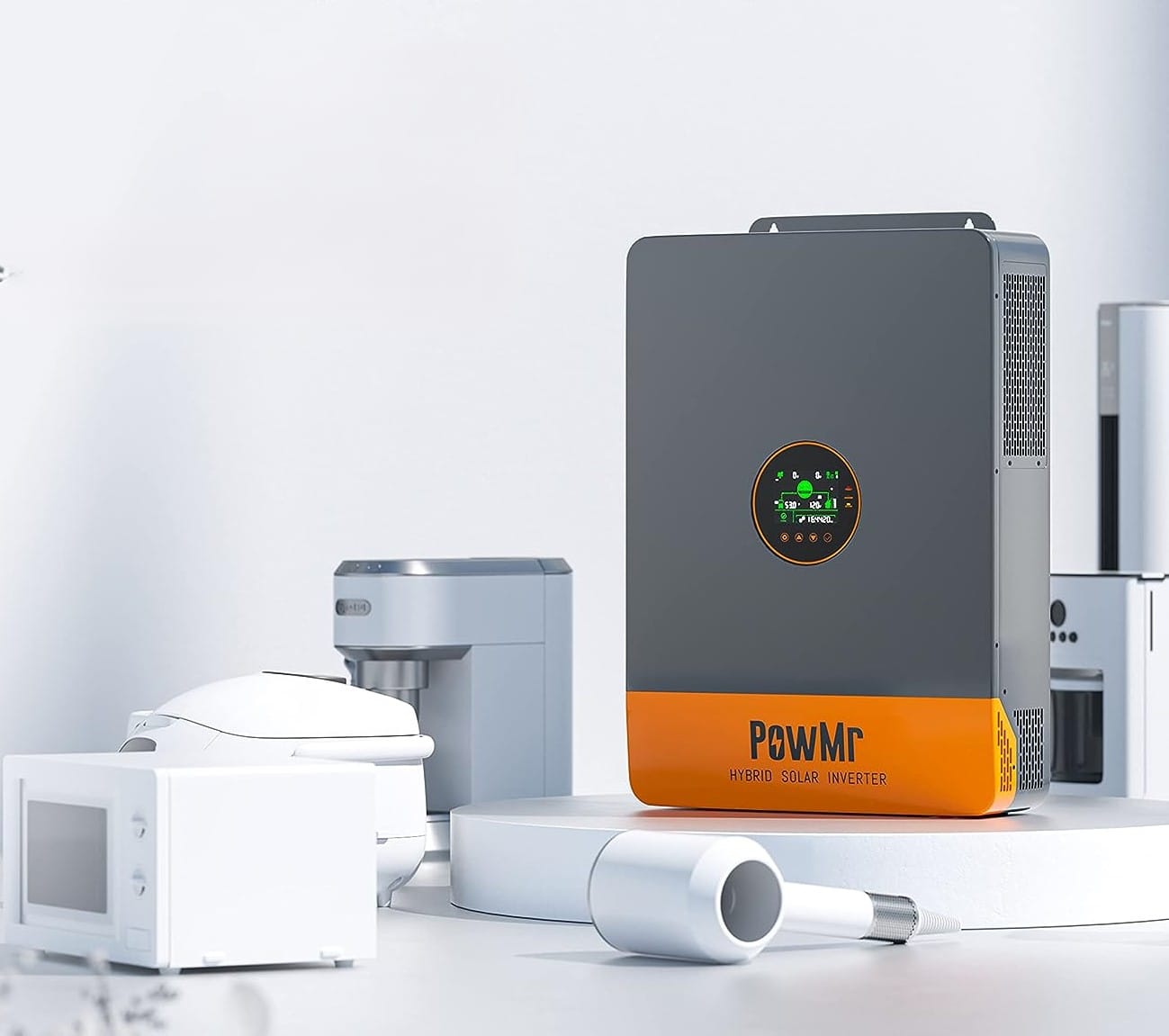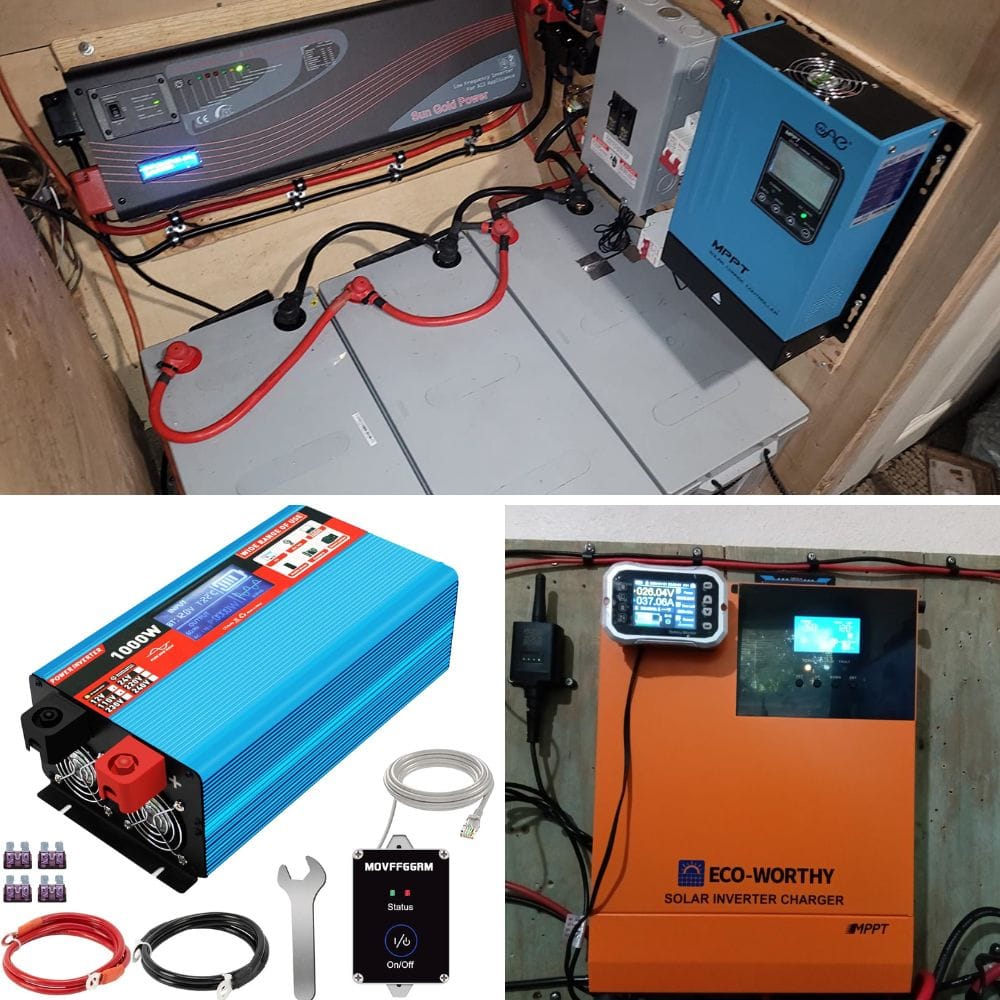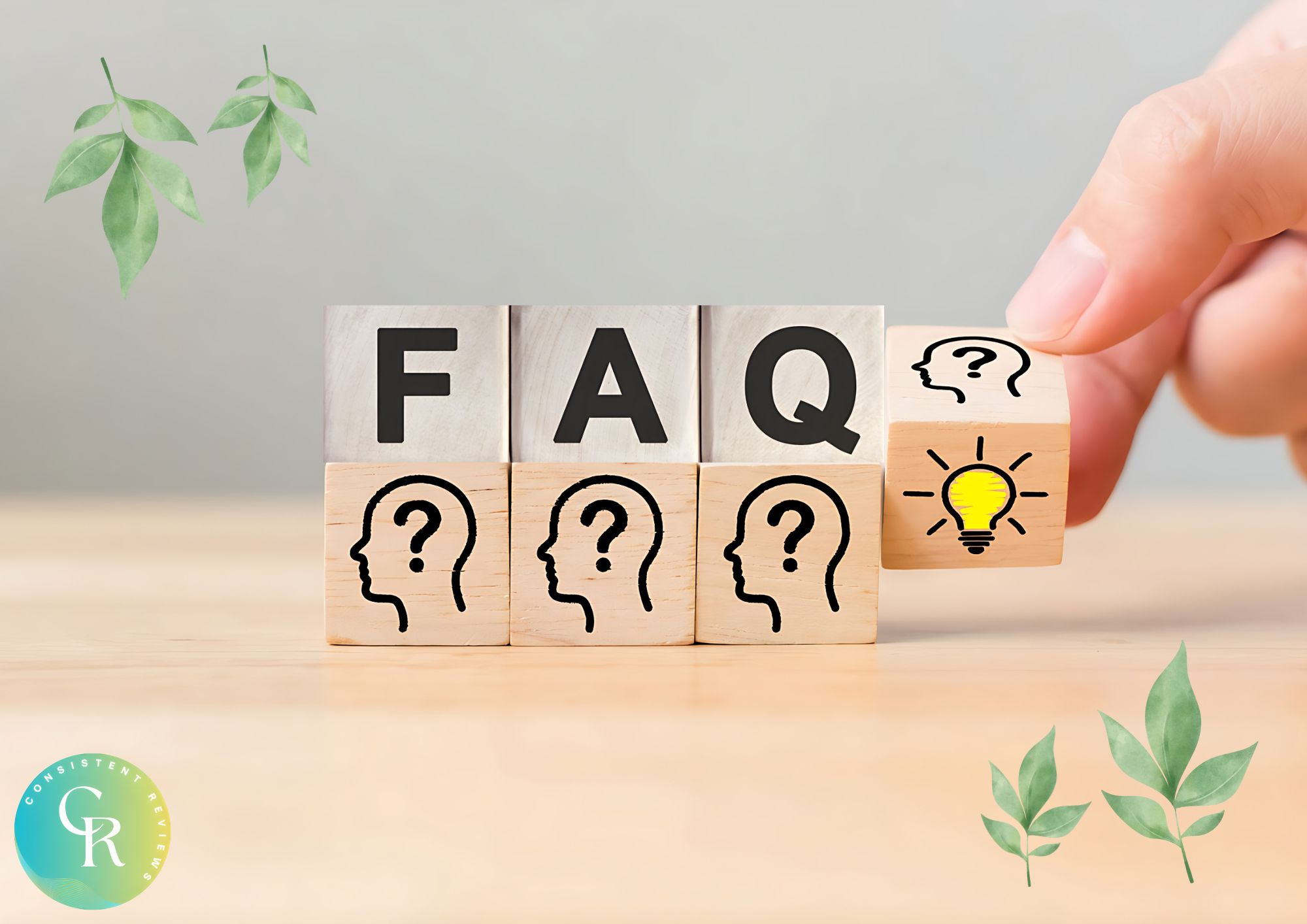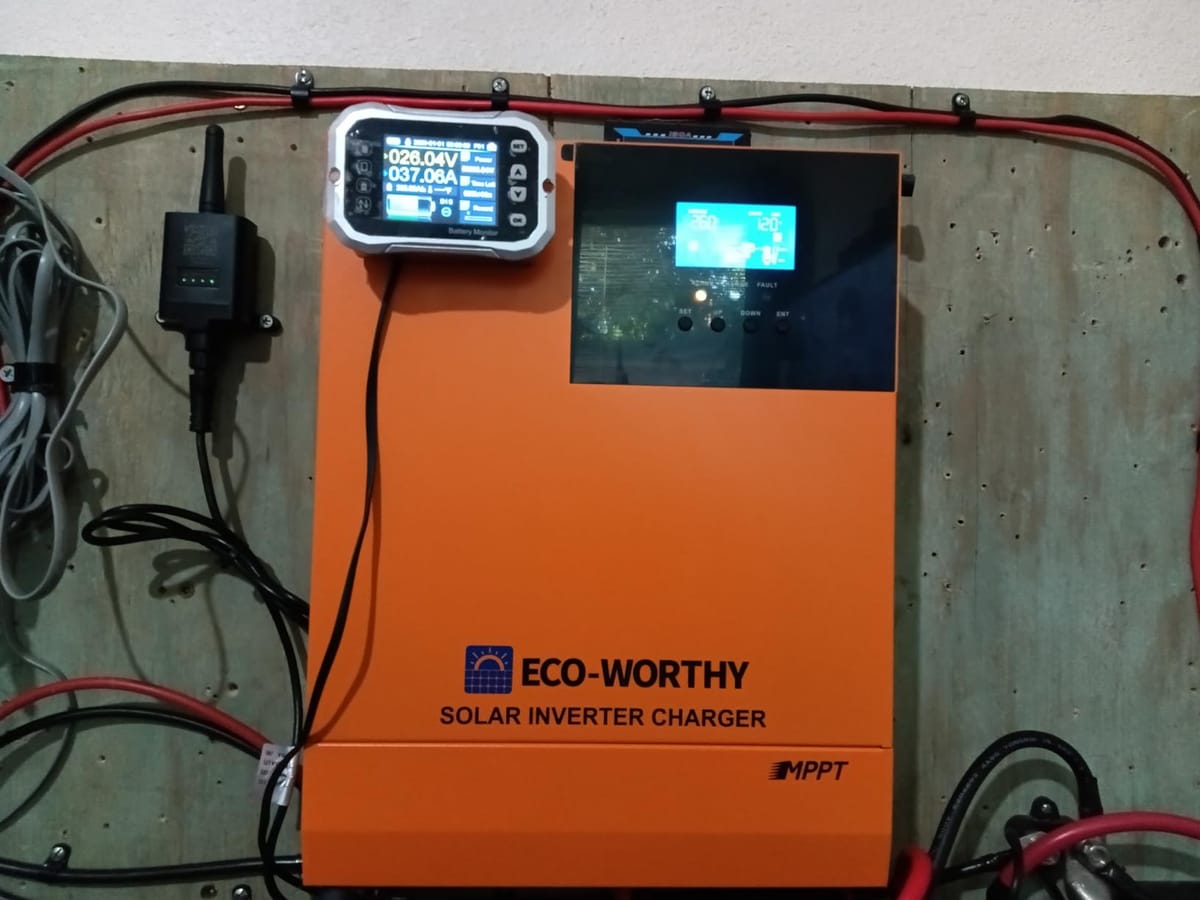Key Takeaways:
- Understanding your energy needs and power requirements is crucial in selecting the right hybrid inverter.
- Hybrid inverters offer enhanced reliability and energy management, making them ideal for both residential and commercial applications.
- Monitoring capabilities and future expansion options are key factors to consider when choosing the best hybrid solar inverter.
Introduction to Hybrid Inverters

Hybrid inverters are a pivotal component in modern solar systems, bridging the gap between solar panels, battery energy storage systems themselves, and the utility grid. They manage the flow of energy, ensuring a continuous power supply by seamlessly switching between different power sources. This article will guide you through the essential aspects of choosing the right hybrid inverter for your needs.
Hybrid solar inverters are designed to store excess solar energy generated during the day in batteries for use during the night or power outages. This capability enhances energy independence and provides a reliable backup power source. Understanding how to choose a hybrid inverter involves evaluating various factors, including power capacity, monitoring capabilities, and compatibility with your existing system.
Understanding Your Energy Needs
Before diving into the specifics of hybrid inverters, assessing your energy consumption patterns is essential. Determine your daily and peak power requirements to ensure that the inverter you choose can handle your energy needs. This involves calculating the total wattage of all the appliances and devices you plan to power with the inverter.
Consider future energy demands as well as alternating current ones. If you anticipate an increase in energy consumption, opt for an inverter with a higher power capacity. This foresight will save you from having to upgrade your system later, providing cost savings in the long run.
Types of Hybrid Inverters
Hybrid inverters come in various types, each with unique features and benefits. The most common types include off-grid inverters, grid-tied inverters, and multi-mode inverters. Off-grid inverters are ideal for remote locations without access to the utility grid, while grid-tied solar hybrid inverters are suitable for areas with reliable grid connectivity.
Multi-mode inverters offer the best of both worlds, allowing you to switch between grid-tied and off-grid modes as needed. These inverters provide enhanced flexibility and are generally cheaper in the long run due to their versatility.
Power Capacity and Output
The power capacity of a hybrid inverter is a critical factor to consider. It determines the maximum amount of power the inverter can handle at any given time. Ensure that the output of the inverter matches your energy needs to prevent overloading the system.
Additionally, consider the inverter's efficiency in converting DC power generated by solar panels into AC power for household use. Higher efficiency ratings translate to less energy loss and more cost-effective operation.
Battery Storage Compatibility
Hybrid inverters must be compatible with your battery storage system. Whether you use lead-acid batteries or more advanced lithium-ion batteries, ensure that the inverter can efficiently manage the stored energy. This compatibility with the battery inverter is crucial for maintaining the system's performance and longevity.
Consider the battery bank's capacity and how it aligns with the inverter's capabilities. A well-matched battery system will provide a continuous power supply and maximize the use of stored energy.
Monitoring Capabilities
Modern hybrid inverters come with advanced monitoring power management capabilities, allowing you to track your system's performance in real time. These features enable you to monitor energy consumption, battery status, and power output, providing valuable insights into your energy management.
Remote system monitoring options are also available, allowing you to access system data from anywhere using a smartphone or computer. This convenience ensures that you can promptly address any issues and optimize your energy usage.
Backup Power and Reliability
One of the primary benefits of hybrid inverters is their ability to provide backup power during grid outages. This feature is especially crucial in areas prone to power interruptions. Ensure that the inverter you choose has a reliable backup mode to keep your essential appliances running during emergencies.
Enhanced reliability is a key factor to consider, as it ensures that your system can handle electrical faults and other issues without compromising performance. Look for inverters with robust safety features and a proven track record of reliability.
Cost Considerations
Cost is always a significant factor when choosing a hybrid inverter. While it's tempting to opt for the cheapest option, it's essential to consider the long-term benefits and potential cost savings. Higher-quality inverters may have a higher upfront cost but offer better efficiency, reliability, and longevity.
Evaluate the total cost of ownership, including installation, maintenance, and potential future expansion. Investing in a high-quality inverter can provide significant cost savings over time by reducing energy losses and minimizing the need for frequent replacements.
Compatibility with Solar Panels
Ensure that the hybrid inverter you choose is compatible with your solar panels. This compatibility is crucial for optimizing the system's performance and maximizing energy production. Check the specifications of the inverter to ensure it can handle the voltage and current output of your solar array.
Consider the type of solar panels you have, as some inverters are better suited for specific panel types. For example, microinverters are ideal for systems with shading issues, while string inverters are more suitable for large, unshaded arrays.
Future Expansion Options
When choosing a hybrid inverter, consider your future energy needs and potential system expansion. Opt for an inverter that can accommodate additional solar panels or battery storage systems without requiring significant upgrades. This flexibility ensures that your system can grow with your energy demands.
Look for inverters with modular designs that allow for easy expansion. This feature is particularly beneficial for residential and commercial applications, where energy needs may increase over time.
Energy Management Features
Hybrid inverters come with various energy management features that optimize the use of solar and battery power. These features include load shifting, peak shaving, and time-of-use optimization. Load shifting allows you to use stored energy during peak demand periods, reducing your reliance on surplus electricity on the grid and lowering energy costs.
Peak shaving involves using stored excess energy to reduce peak demand charges, while time-of-use optimization ensures that you use the most cost-effective energy source at any given time. These features enhance the overall efficiency and cost-effectiveness of your solar system.
AC Coupled vs. DC Coupled Systems
Hybrid inverters can be used in both AC-coupled and DC-coupled systems. AC-coupled systems involve connecting the inverter to the AC side of the electrical system, while DC-coupled systems connect the inverter to the DC side. Each configuration has its advantages and disadvantages.
AC-coupled systems are generally easier to install and offer greater flexibility for future expansion. However, they may have higher energy losses due to multiple energy conversions. DC-coupled systems are more efficient but may require more complex installation and configuration.
Choosing the Right Inverter Size


Selecting the right inverter size is crucial for ensuring optimal system performance. The right solar inverter and size should match the power output of your solar panels and the capacity of your battery storage system. An undersized inverter may not handle peak loads, while an oversized inverter can lead to energy losses and higher costs.
Consider the total wattage of your solar array and battery bank when choosing the inverter size. Ensure that the inverter can handle the maximum power output without overloading or underperforming.
Evaluating Inverter Efficiency
Inverter efficiency is a critical factor that affects the overall performance and cost-effectiveness of your solar system. Higher efficiency ratings mean that more of the DC power generated by your solar panels is converted into usable AC power, reducing energy losses and maximizing cost savings.
Look for inverters with high-efficiency ratings, typically above 95%. These inverters provide better performance and ensure that you get the most out of your solar and battery systems.
Safety Features and Certifications
Safety is paramount when choosing a hybrid inverter. Ensure that the inverter has robust safety features, such as overvoltage protection, short-circuit protection, and thermal management. These features protect your system from electrical faults and ensure safe operation.
Check for certifications from reputable organizations, such as UL, CE, and IEC. These certifications indicate that the inverter meets industry standards for safety and performance.
Installation and Maintenance
Proper installation and maintenance are crucial for the long-term performance of your hybrid inverter. Ensure that the inverter is installed by a qualified professional who follows manufacturer guidelines and local regulations. Proper installation minimizes the risk of electrical faults and ensures optimal performance.
Regular maintenance is also essential for keeping your inverter in top condition. Follow the manufacturer's maintenance recommendations and schedule periodic inspections to identify and address any issues promptly.

Warranty and Support
When choosing a hybrid inverter, consider the warranty and support options offered by the manufacturer. A comprehensive warranty provides peace of mind and protects your investment in case of defects or malfunctions. Look for inverters with warranties of at least 5 to 10 years.
Additionally, consider the availability of customer support and technical assistance. A responsive support team can help you troubleshoot issues and ensure that your system operates smoothly.
Comparing Different Brands
There are numerous brands of hybrid inverters on the market, each with its unique features and benefits. Research and compare different brands to find the one that best meets your needs. Consider factors such as efficiency, reliability, warranty, and customer reviews.
Some of the top brands in the industry include SMA, SolarEdge, Fronius, and Enphase. These brands are known for their high-quality products and excellent customer support.
Case Study: Residential Solar System
Consider a residential solar system with a 5 kW solar array and a 10 kWh battery storage system. The homeowner needs a hybrid inverter that can handle the excess power and output of the solar panels and manage the stored energy efficiently. After evaluating various options, they choose a 6 kW hybrid inverter with a 97% efficiency rating and advanced monitoring capabilities.
The chosen inverter provides reliable backup power during grid outages and optimizes energy usage through load shifting and peak shaving. The homeowner enjoys significant cost savings and enhanced energy independence off grid inverter.
Case Study: Commercial Solar System
A commercial facility with high energy demands installs a 50 kW solar array and a 100 kWh battery storage system. The facility requires a robust hybrid inverter that can handle the large power output of solar batteries and provide reliable backup power. After thorough research, they select a 60 kW multi-mode inverter with modular expansion options and remote monitoring capabilities.
The chosen inverter ensures continuous power supply, reduces peak demand charges more solar power used, and allows for future expansion as the facility's energy needs grow. The facility benefits from reduced energy costs and improved energy management.
Environmental Impact
Hybrid inverters play a crucial role in promoting renewable energy and reducing carbon emissions. By optimizing the use of solar and battery power, these hybrid inverters provide to help minimize reliance on fossil fuels and contribute to a cleaner environment.
Choosing a high-efficiency solar hybrid inverter ensures that you maximize the environmental benefits of your solar system. Reduced energy losses and optimized energy management translate to lower carbon footprints and a more sustainable future.


What is a hybrid inverter?
A hybrid inverter is a device that integrates solar panels, battery storage systems, and the utility grid. It manages the flow of energy, ensuring a continuous power supply by switching between different power sources as needed.
How do I choose the right hybrid inverter for my needs?
To choose the right hybrid inverter, assess your energy consumption patterns and power requirements. Consider factors such as power capacity, efficiency, compatibility with your solar panels and battery storage system, and future expansion options.
What are the benefits of using a hybrid inverter?
Hybrid inverters offer numerous benefits, including enhanced energy management, backup power during grid outages, reduced energy costs, and improved energy independence. They optimize the use of solar power and battery power, contributing to a cleaner environment and sustainable future.

Choosing the right hybrid inverter involves evaluating various factors, including power capacity, efficiency, compatibility, and cost. By understanding your energy needs and considering future expansion options, you can select an inverter that meets your requirements and provides reliable, cost-effective performance.
Hybrid solar and battery inverters offer numerous benefits, including enhanced energy management, backup power, and reduced energy costs. Investing in a high-quality inverter ensures that you get the most out of your solar and battery systems, contributing to energy independence and environmental sustainability.










